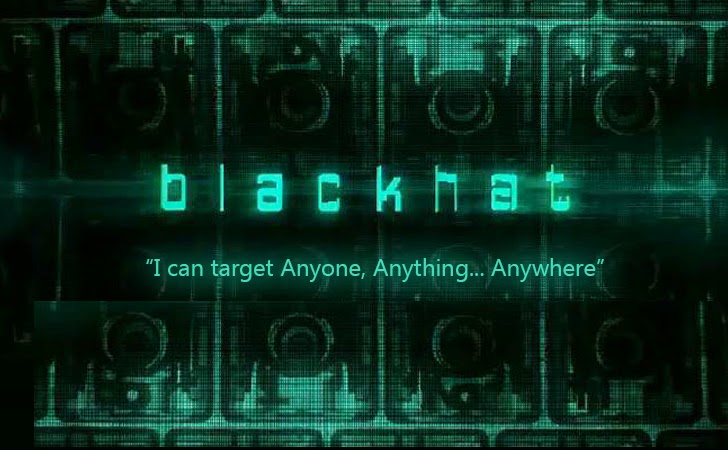Blackhat, released last week in theaters, is the latest Michael Mann action flick, this time surrounding hacking and cyber-terrorism. I was lucky enough to attend a pre-release along side the threat security team from Webroot.
Hollywood has not always been known for their accuracy in terms of portraying hacking and the impact. As seen in this blog I wrote for Webroot, Hollywood and hacking, the majority of the time it feels like producers in Tinsel Town don’t have a full grasp on how hacking works or how to accurately present it to the viewers, and instead come up with ridiculous uses of the computer that make little to no sense to the tech-savvy.
Blackhat felt like the opposite of that. And that is the biggest surprise for us. In all honesty, we headed into the movie, expecting it to have major misrepresentations and to tear it apart. But as we sat around discussing the flick, we concluded that the team behind the movie really did their research. Dare we say that Blackhat might be one of the best Hollywood representations of hacking and cybercrime, especially focusing on the darker side of criminal activities?
Yes, we do dare.
To say the movie is truly authentic would be a stretch, but the fact is that Michael Mann avoids the major stereotypes that have become all too commonplace in other films. He also does a good job traversing the social-political game of relations between US Government agencies as well as US-China relations. As a result, the story carries itself through very well to the end.
The movie actually presented many different methods that criminals will attempt to breach security, including social engineering, direct breach, cyber espionage, and computer hacking itself. While hacking was a central topic throughout, ‘Blackhat’ was more than just about hacking, and focused more on cyber-terrorism, a broader yet more relevant topic that has been in the news quite a bit lately. Each of these methods of breach are an everyday threat to organizations big and small. If anything, the movie stands as a representation of the complexity of today’s security environment, showing how security alone will do little to keep a network safe.
While there was a bit too much Hollywood sexiness and bravado when it comes to just how talented the characters were, this inclusion surely added to the entertainment value. We wish we could go from evaluating code to globetrotting, chasing down the bad guys, but sadly that is not how it works these days.
Overall, Blackhat was a well told story, and from a security team’s perspective, it maintains a solid grasp on reality in most of its hacking scenes. The entertainment value was there, alongside fairly accurate representations of security infiltration, leading us to walk out pleasantly surprised. And we think you might be as well.
This Blackhat movie review was originally posted on Webroot’s Threat Blog and edited for FactoryTwoFour.


